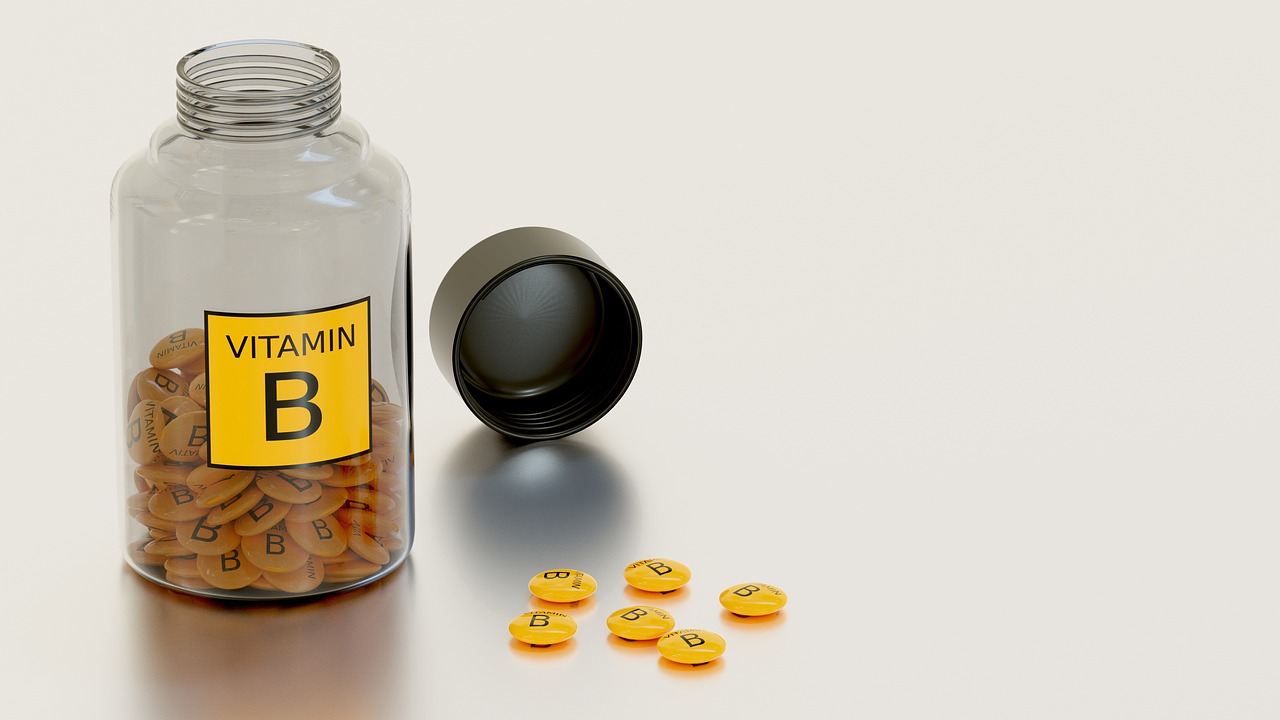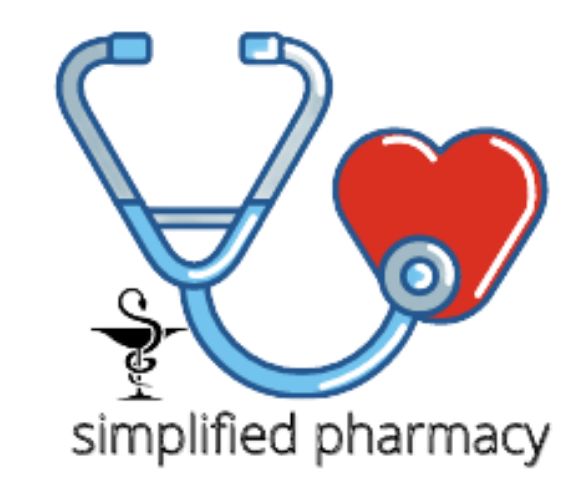
Vitamin B3 Benefits: Exploring Niacin’s Impact on Health and Wellness
If you’re curious about enhancing your health and well-being, let’s dive into the fascinating realm of Vitamin B3, also known as niacin. This essential nutrient, known for its numerous Vitamin B3 benefits, plays a vital role in various functions that contribute to our overall health. In this guide, we’ll explore the world of Vitamin B3, its sources, its many potential benefits, and how to make the most of it while staying safe.
Vitamin B3 Sources and Why They Matter
Vitamin B3 can be found in a wide range of foods that we consume. You can get it from enriched grains, cereals, milk, lean meats (especially liver), yeast, poultry, fish from saltwater, nuts, legumes, coffee, tea, dairy products, and potatoes. The beauty of this is that you can easily incorporate these foods into your diet to ensure you’re getting your dose of Vitamin B3.
Who Might Need More Vitamin B3 and Why?
Certain groups of people are more susceptible to Vitamin B3 deficiency. If you consume alcohol heavily, have chronic diarrhea, liver cirrhosis, diabetes, or are dealing with malignant diseases, you might be at risk. While Vitamin B3 deficiencies are rare in developed countries, some medications, like isoniazid used for tuberculosis, can interfere with the body’s ability to convert certain substances into Vitamin B3.
When Vitamin B3 is lacking, it can lead to a condition called Pellagra. This presents as a combination of issues: skin problems, digestive troubles, and challenges with mental health. If you notice skin rashes, digestive discomfort, or changes in your mood, it might be worth considering your Vitamin B3 intake.
The Upside and Some Cautions of Vitamin B3
Vitamin B3 has made a name for itself in managing high cholesterol levels, also known as hyperlipidemias. Research has shown that it can actually improve the balance of lipids in your blood, which is crucial for heart health. Specifically, niacin, a form of Vitamin B3, can boost the levels of good cholesterol (HDL) while decreasing levels of lipoprotein(a), which is linked to heart issues.
But like anything good, Vitamin B3 has some potential side effects when taken in high doses. These can include skin flushing, tummy troubles, and even more serious problems like liver issues, gout flare-ups, or challenges with blood sugar control. Different forms of Vitamin B3 exist, each with their own effects, so it’s wise to work with a healthcare provider if you’re considering supplementation.
Vitamin B3’s Heartening Effects on Cholesterol
When it comes to cholesterol management, Vitamin B3 shines. Lovastatin, a medication used to control cholesterol, and niacin have both shown benefits. Lovastatin is excellent at reducing LDL cholesterol (the not-so-good kind), while niacin excels at raising HDL cholesterol (the good kind) and reducing Lp(a) levels, which can be a risk factor for heart health.
Other Goodies Vitamin B3 Brings to the Table
Vitamin B3 doesn’t stop at cholesterol. It’s like a multi-tasker for your health:
- Diabetes Help: Vitamin B3, specifically as nicotinamide, has shown promise in preventing or delaying the onset of type 1 diabetes. It also helps improve insulin secretion and control in type 2 diabetes.
- Better Blood Flow: Certain forms of Vitamin B3 have been linked to improved walking distance for those with peripheral artery disease, a condition causing leg pain during activity.
- Comfort for Cold Fingers: Inositol hexaniacinate, a type of Vitamin B3, might offer relief for Raynaud’s disease, which causes spasms in response to cold temperatures.
- Less Arthritis Discomfort: Niacinamide, another form of Vitamin B3, has been found to ease joint discomfort, inflammation, and even reduce the need for anti-inflammatory medications in osteoarthritis patients.
Keeping It Balanced and Beneficial
While Vitamin B3 is a superstar, it’s important not to go overboard. Too much of a good thing can have consequences. Excessive intake can lead to symptoms like low blood pressure, skin issues, rapid heart rate, and even nervous system stimulation. Moderation is key, so stick to recommended doses.
In a nutshell, Vitamin B3 is a powerful nutrient with an array of benefits for your health. Whether it’s promoting heart health, supporting diabetes management, improving blood flow, or easing discomfort, Vitamin B3 deserves a place in your wellness toolkit. Remember, though, that maintaining overall health involves a mix of good nutrition, regular physical activity, and seeking guidance from your healthcare provider.
So, consider adding Vitamin B3-rich foods to your diet and explore the potential benefits it offers. Your journey to better health starts with a well-rounded approach, and Vitamin B3 can be a valuable piece of that puzzle.
DISCLAIMER
All content and information on this website are for informational and educational purposes only.
It does not constitute medical, psychological, or health advice of any kind and we do not warrant that the information presented herein is free of any errors or omissions.
We are not providing medical, health care, nutrition therapy, or coaching services to diagnose, treat, prevent or cure any kind of physical ailment, or mental or medical condition.
Although we strive to provide accurate general information, the information presented here is not a substitute for any kind of professional advice, and you should not rely solely on this information.
Always consult a professional in the medical and health area for your particular needs and circumstances before making any medical or health-related decisions.
What to read next?
https://simplifiedpharmacy.com/blog/
